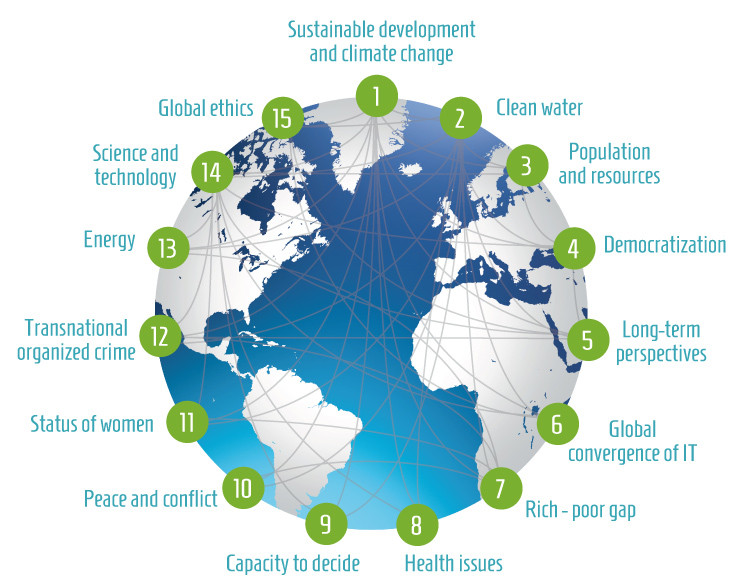
It used to be believed that investing with a conscience could only come at the expense of your profit performance. Being good capped your returns.
Arguably, this is still the prevailing view of most investors yet the winds of change are blowing through stock markets. Good investing is increasingly transferring from the ‘do-gooder set’ to the mainstream, and there is statistical data to support this shift.
CRUNCHING ‘GOOD INVESTING’ NUMBERS
In an exhaustive research note published a couple of years ago, and based on several academic studies, analysts at Morgan Stanley’s Institute for Sustainable Investing found that investing in sustainability has usually met, and often exceeded, the performance of comparable traditional investments.
That’s both in absolute and risk-adjusted terms, and across asset classes over time.
The study found that sustainable equity mutual funds had equal or higher median returns, and equal or lower volatility, than traditional funds for 64% of the periods examined.
Similar was true for equities. ‘Long-term annual returns of one index comprising firms scoring highly on environmental, social and governance criteria exceeded the S&P 500 by 45 basis points since its inception in 1990,’ the research stated.
IDENTITY CRISIS
Supposed good investment has faced more than just performance related objections in the past. It tends to mean different things to different people and lacks a clear identity.
Good Money Week principles are based on four fundamental observations:
* Reflects your values
* Enhances quality of life
* Safeguards the environment
* Protects future generation
Good Money Week is the campaign to help grow and raise awareness of sustainable, responsible and ethical finance. It runs annually in October.
Sustainable, responsible, ethical, impact, clean, green; these are all terms that regularly get bandied about when we think about the concept of good investment umbrella.
Amanda Young, head of responsible investing at Standard Life, took the bull by the horns and commissioned pollster YouGov (YOU:AIM) to investigate ordinary people’s perceptions.
Cutting through the detailed findings, what stands out is that most reasonable people share a fairly common set of values.
A fair day’s pay for a fair day’s work, decent health and housing, political choice, access to enough food and clean water, these are the sorts of things any rational global citizen is likely to believe in.
THE TIME IS NOW
But the growing belief in good investing also chimes with the mounting, and in some cases desperate, challenges facing the world today. Things like extreme weather, social inequality, scarce resources and a rapidly growing population, to name a few.
The amount of money that flows towards solving these problems - in the form of investment into projects or more responsible companies - helps ensure they won’t get worse and that our quality of life, and that of our children and grandchildren, will be protected.
And this is changing behaviour right across the investment sphere. ‘We are seeing an increasingly shift away from negative screening to positive screening,’ says Standard Life’s Young, or in other words, people are thinking more in terms of what they want to invest in, less what they want to avoid.





